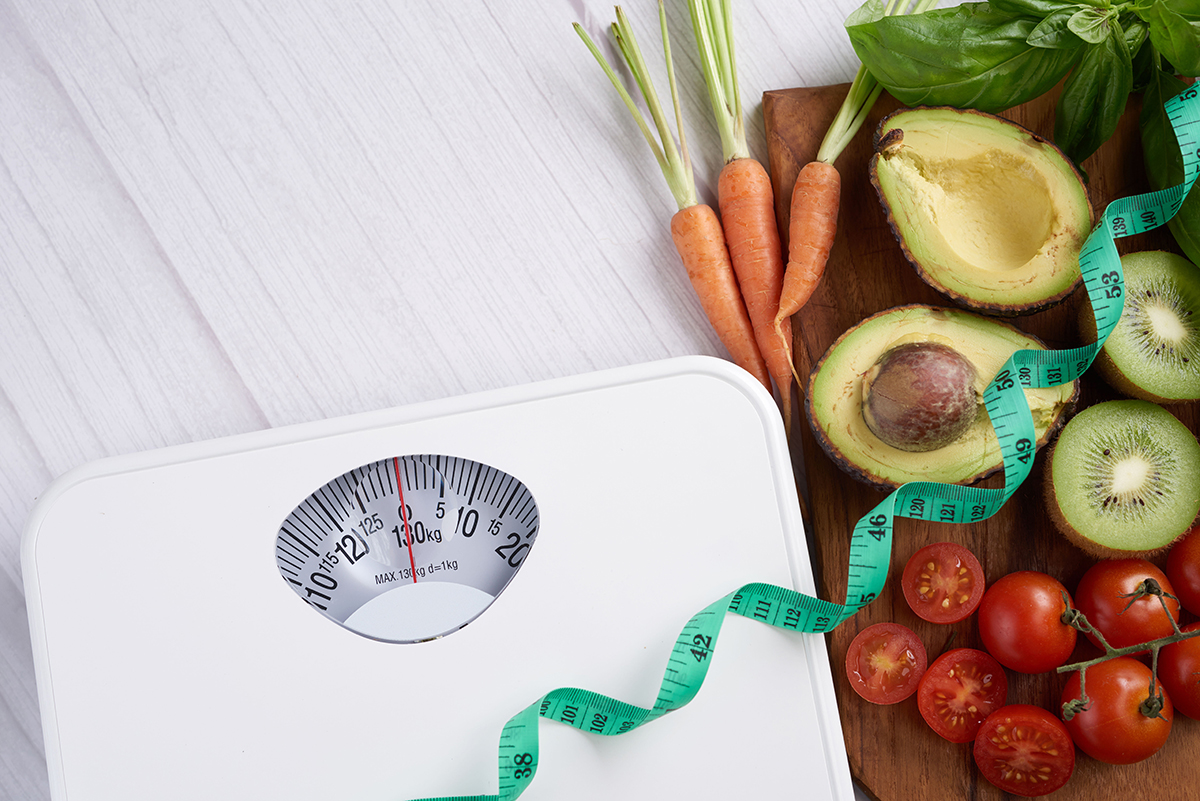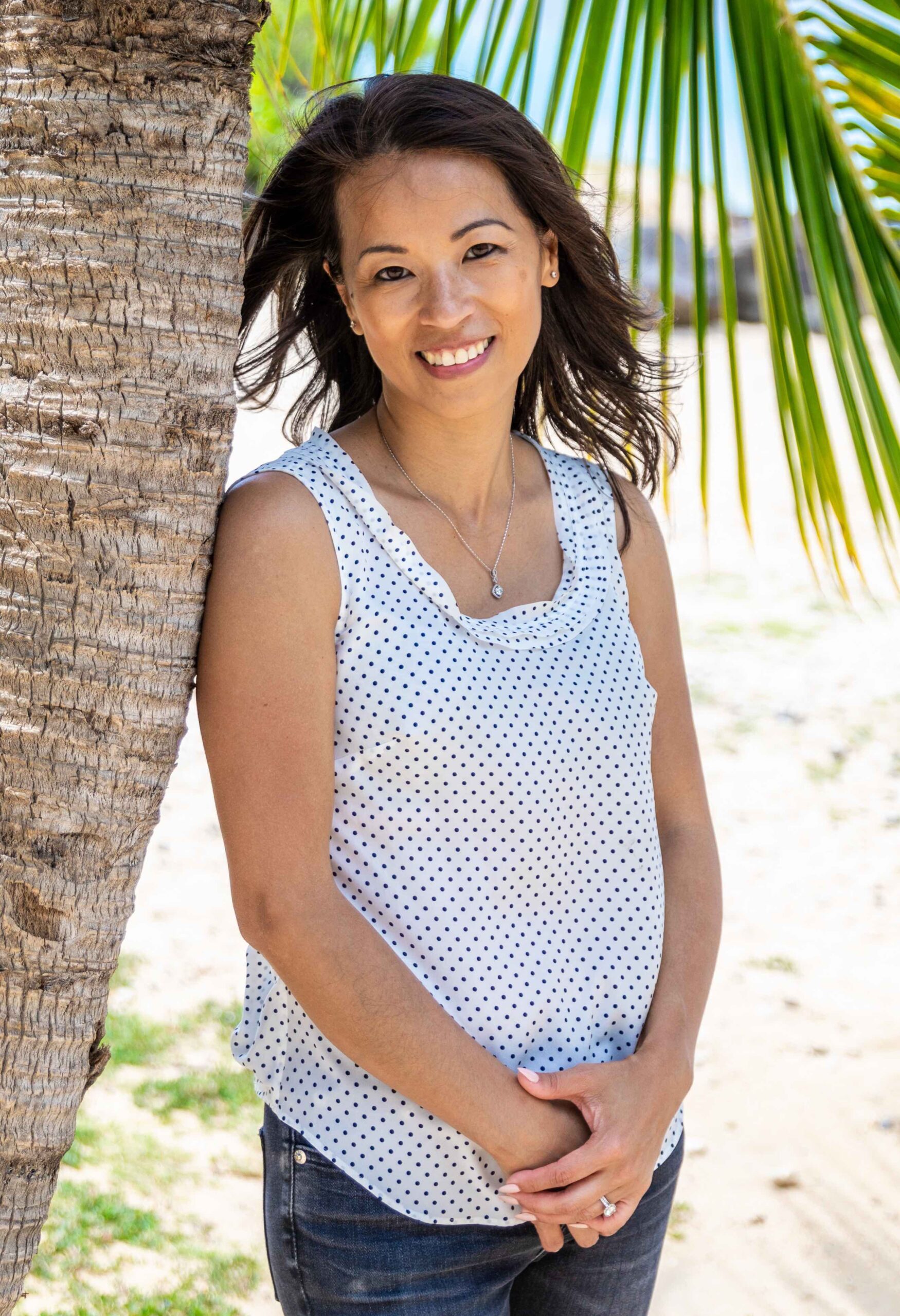My father passed away when I was 29 years old. It took me quite some time to adjust to life without his presence. The following year I would turn 30. So during this period of my life, I was going through a quarter life crisis. The passing of my dad and turning 30 led me to take on running. After I finished my first run, I was doing a race every year.
Health and Body Image
I felt good about my health. I was thin but I was comfortable with my body image. Based on my BMI at the time, I was considered underweight. I didn’t think much about my thin frame because there’s an ethnic differences in BMI for Caucasian and Asian. By the time I saw an OBGYN, my weight was at a normal range. But even then I was advised to gain more weight. I was not ovulating monthly which made it a rough start to our fertility journey.
Understanding Ovulatory Dysfunction
Ovulatory dysfunction is when “ovulation fails to occur or occurs on an infrequent or irregular basis.” As women age, we may experience irregular ovulation which results in irregular menstrual cycles. Being underweight can also cause your body to stop making estrogen and can cause irregular menstrual cycles. You may even stop ovulating and getting your period.
The Impact of RED-S on Female Athletes
Relative Energy Deficiency in Sport (RED-S) is a common condition in physically active female athletes. RED-S consist of low energy intake, low bone mineral density, and anovulation. Fortunately, restoring your calorie intake and decreasing exercise expenditure can restore your menses. For most individuals, it takes about 6-12 months to recover your menses after lifestyle modifications.
Energy Needs and Reproductive Health
Daily energy needs vary greatly across individuals and depend highly on body mass and physical activity levels. The accepted daily energy need for female athletes aged 11 to 18 is about 2200 kcal. Following puberty, the caloric needs will slightly increase because of an increased in body mass. Most importantly, even moderate levels of exercise without any change in body weight, can suppress reproductive hormones and increase your risk of having irregular menses.
Fertility and Nutrition
So when you are trying to conceive, consuming adequate calories is crucial. If you need to determine your BMI, see link below. Regardless of your fertility journey (i.e. trying to get pregnant naturally or through assisted reproductive treatment like in-vitro fertilization), optimizing your health is important. Maternal and paternal health and lifestyle can affect the embryo’s genes even before conception. There’s limited evidence of using a calorie restricted diet while undergoing in-vitro fertilization treatment. So being on a fertility nourishing diet for a minimum of 6 weeks is suggested prior to an egg retrieval. Immature eggs take roughly 4 months to mature before ovulation. For this reason, it’s ideal to optimize your eggs’ quality at least 3 months prior to ovulation.
Seeking Expertise in Fertility Nutrition
Working with a fertility dietitian will better prepare you for your family planning journey. An individualized care plan can be tailored to meet your needs.
References:
- Women’s Health
- CDC BMI Calculator
- Sadhir, S.. & Pontzer, H. (2023). Impact of energy availability and physical activity on variation in fertility across human populations. Journal of Physiological Anthropology, 42,1-11.
- Charlton, B., Forsyth, S., & Clarke, D. (2022). Low Energy Availability and Relative Energy Deficiency in Sport: What Coaches Should Know. International Journal of Sports Science & Coaching, 17(2) 445–460.
- Stuppia, L., Franzago, M., Ballerini, P., Gatta, V., Antonucci, I. (2015). Epigenetics and male reproduction: the consequences of paternal lifestyle on fertility, embryo development, and children lifetime health. Clinical Epigenetics, 7:120-135
- Tsagareli, V., Noakes, M., Norman, R.J. (2006). Effect of a very-low-calorie diet on in vitro fertilization outcomes. Correspondence, 86 (1), 227-229
- Clarke, H.J., & Clarke, H.J. (2017). Chapter 2 Control of Mammalian Oocyte Development by Interactions with the Maternal Follicular Environment.


